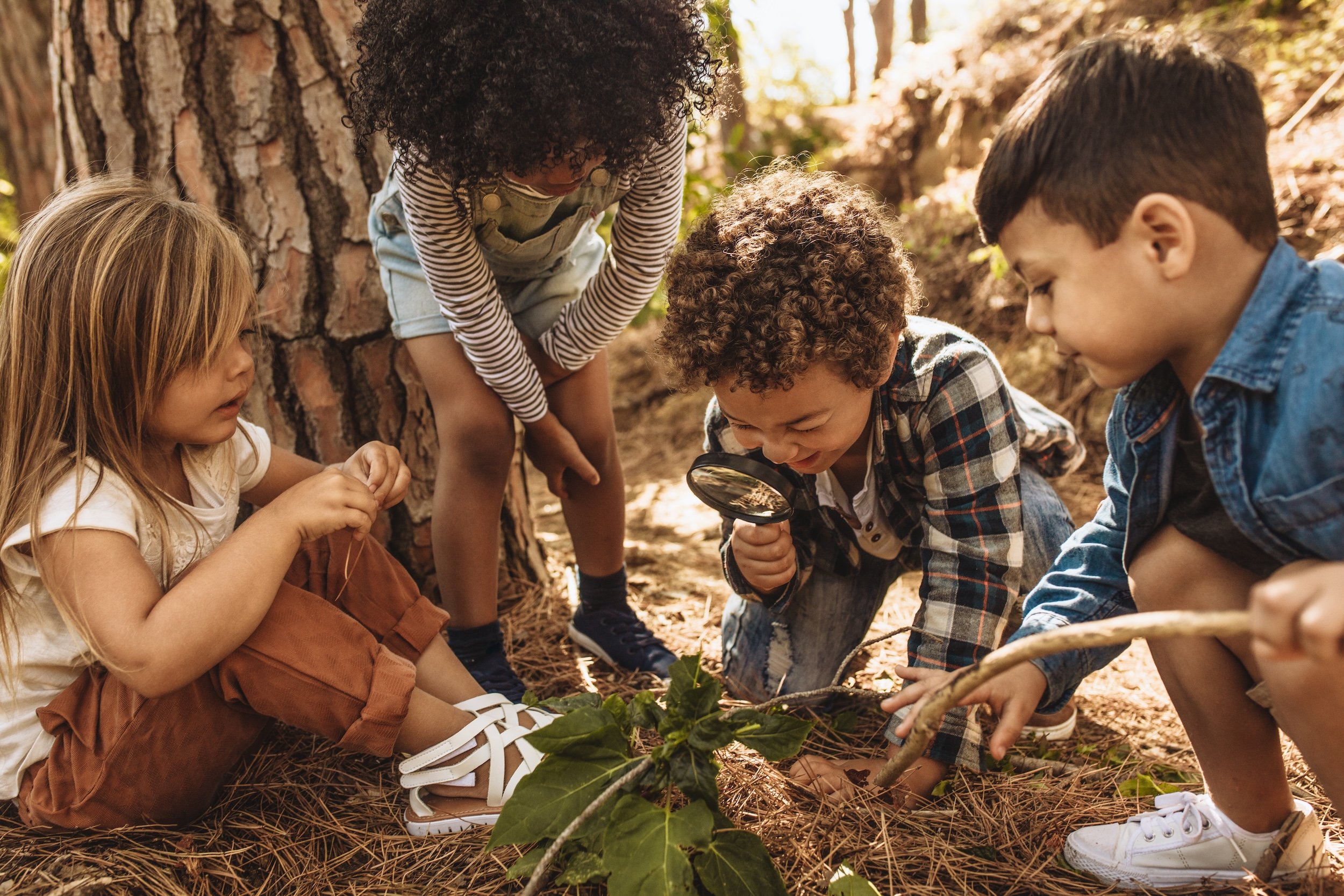
Our philosophy
Mission
Little River Collective partners with parents in the education of their children by providing a life-giving, classroom style learning atmosphere four days a week.
vision
Our aim at Little River Collective is to bring children deeper into relationship with God, themselves, others, and the world around them.
values
Children are born persons
The work of the Holy Spirit in the spiritual formation of the child
The role of the parents and family in the education and discipleship of the child
Living books, living ideas, and living things as the primary agents of education
Habit formation as the foundation for character and life
Short lessons strengthening habit of attention
Ample outdoor time
Nature study
Relational nature of education
Narration as primary demonstration of mastery
Focus on individual mastery
Time and space for individual reflection and processing

“Our aim in education is to give a full life.”
— Charlotte Mason (1842 – 1923)
what do we mean when we say…
-
By this we mean children are made in God’s image, with innate desire and immense capacity for learning through play, reading, observing, and making connections with the world around them. We believe they are not empty vessels to be “filled” with knowledge. Rather children are already thinking, observing, relational beings, and when they are presented with the best of ideas, stories, art, nature and the like, they are capable of making necessary and creative connections.
-
Living books are not traditional text books. As the writers for Simply Charlotte Mason explain, “Living books are generally written by one person who has a passion for the subject and writes in a conversational or narrative style. The books pull you into the subject and involve your emotions, so it’s easy to remember the events and facts.”
-
Children are natural learners, observing the world around them and making connections from the earliest age. We believe the aim of education is to present the child with the widest possible array of good ideas, and intellectual feast comprised of poetry, math, literature, music, nature, handicrafts, history, geography, and folklore.
-
Narration is the telling back of what one has read, heard, or observed. Miss Mason observed that both children and adults learn best when retelling, as the mind must sort through the material, organize it, and then make it their own in the retelling. This practice is most often done orally, especially in the younger years, but narrations can also include drawing, acting, or writing. For more on the practice of narration we encourage parents to read Know and Tell by Karen Glass.
-
Charlotte Mason knew what many personal development leaders say today, that the human mind gives its best effort on a single endeavor for a limited time. We work best when we focus our full attention on a subject for a short time (10-15 minutes when young, progressing to 20-40 minutes by the time a person reaches the middle-school years). This allows both facilitator and student to fully engage in the whole lesson. When a particular lesson is over, the student is given a mental break by changing to another subject that exercises another area of the child’s brain.

